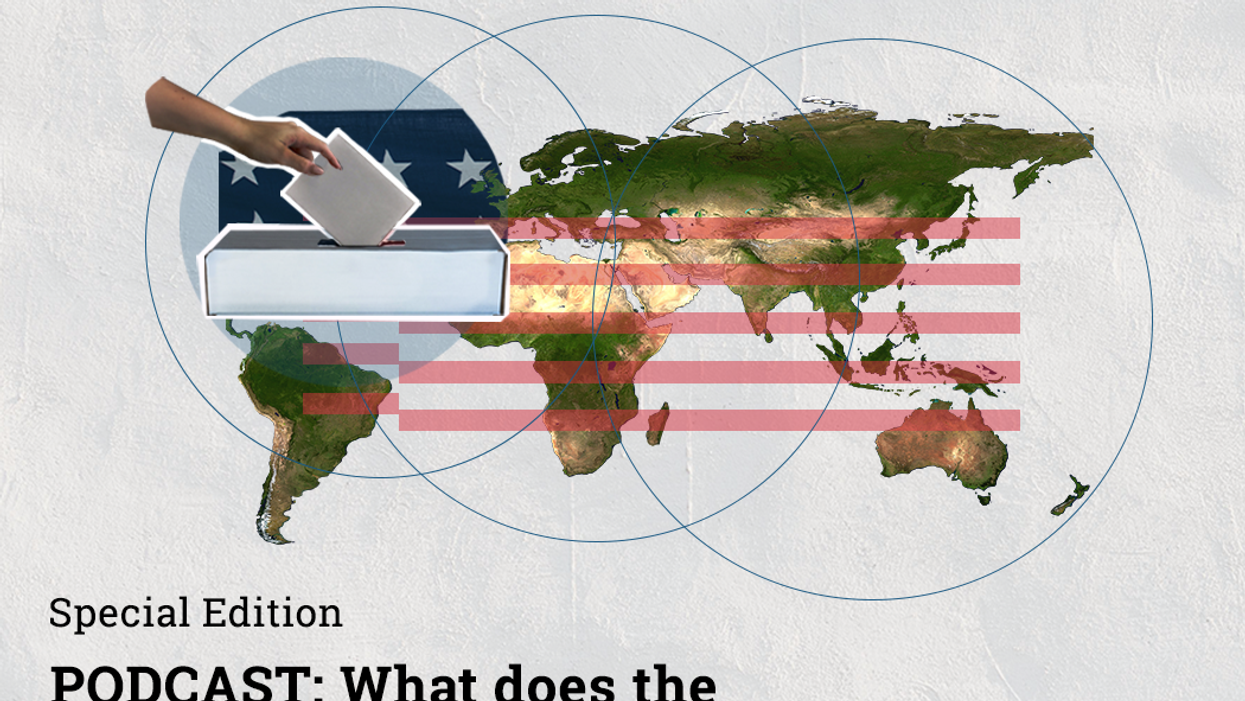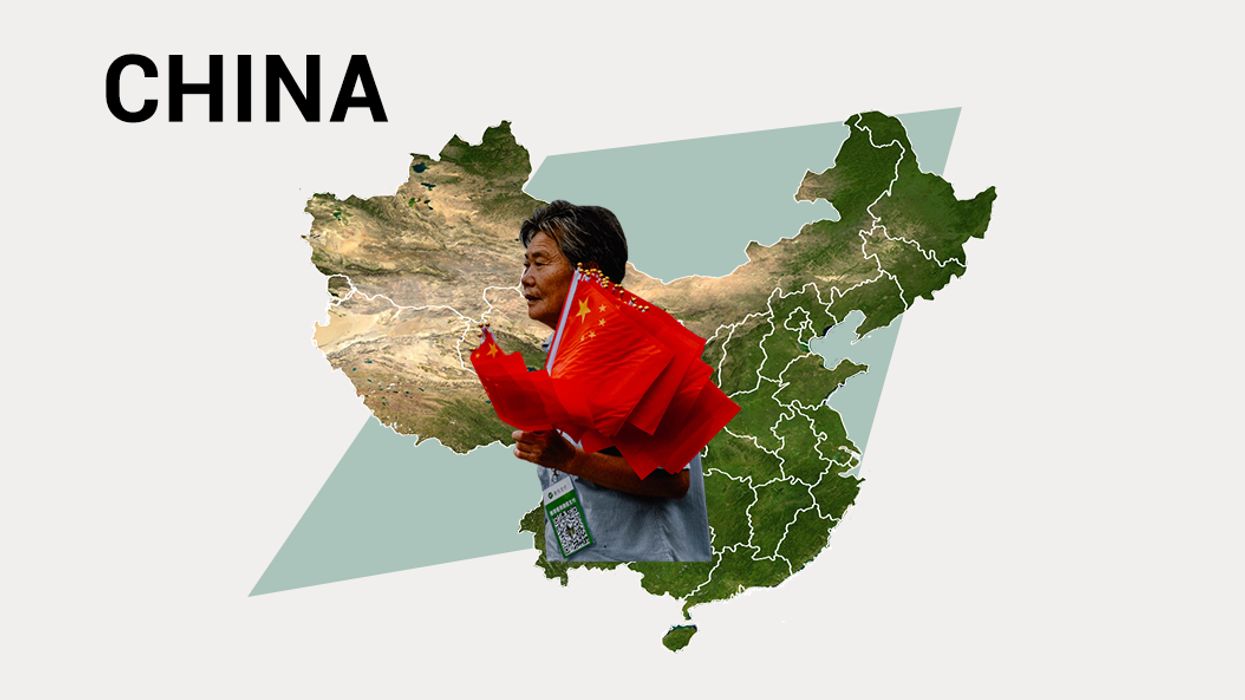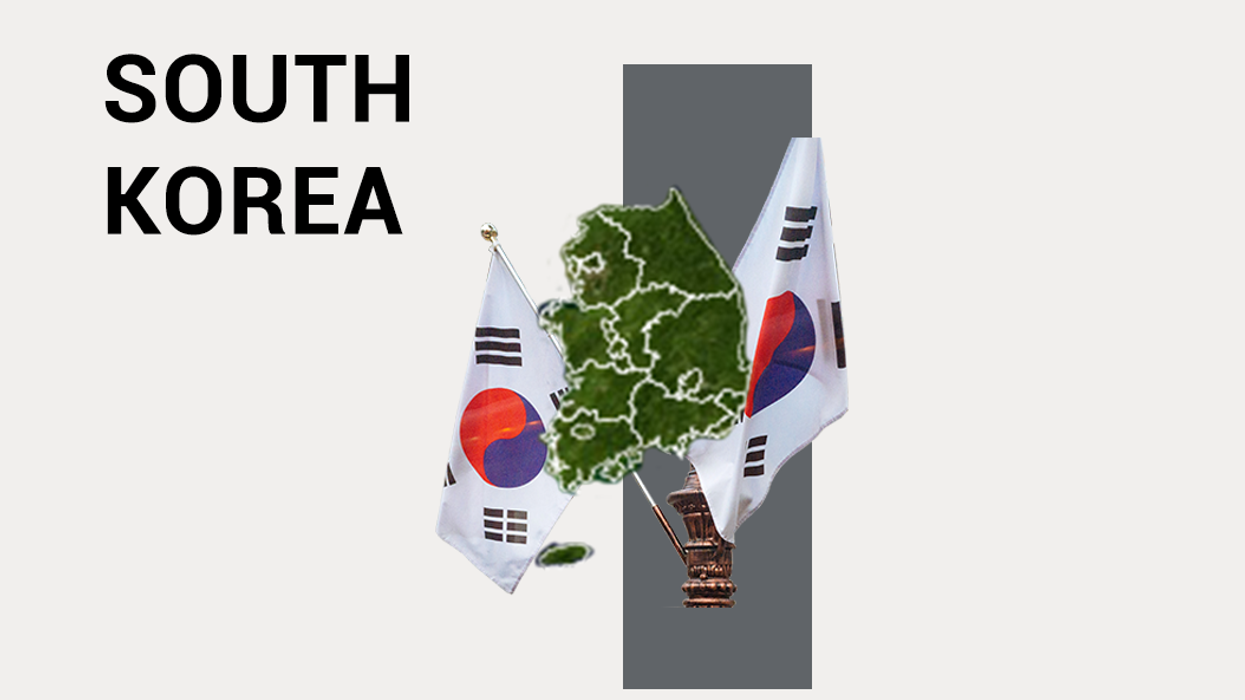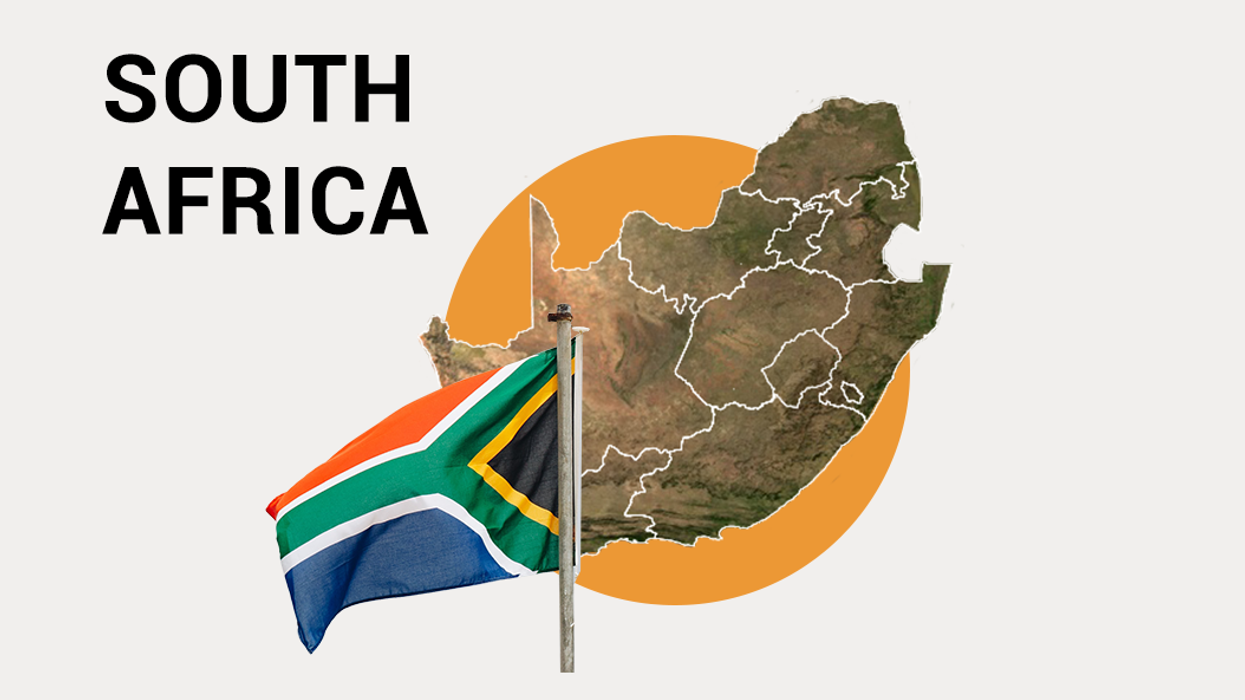popular
Podcast: What does the world think of the US election?
No matter who wins the US election, the result will echo around the world through America's policies on trade, immigration, and security. To understand that impact better, the writers of Signal, GZERO's newsletter, asked local journalists in 24 countries how the election is viewed where they live, and what they expect next. Overall, unease about the US role in the world will last well beyond November 3. This special podcast features highlights of those interviews presented by the Signal team, and moderated by GZERO's Alex Kliment.
Sep 18, 2020










